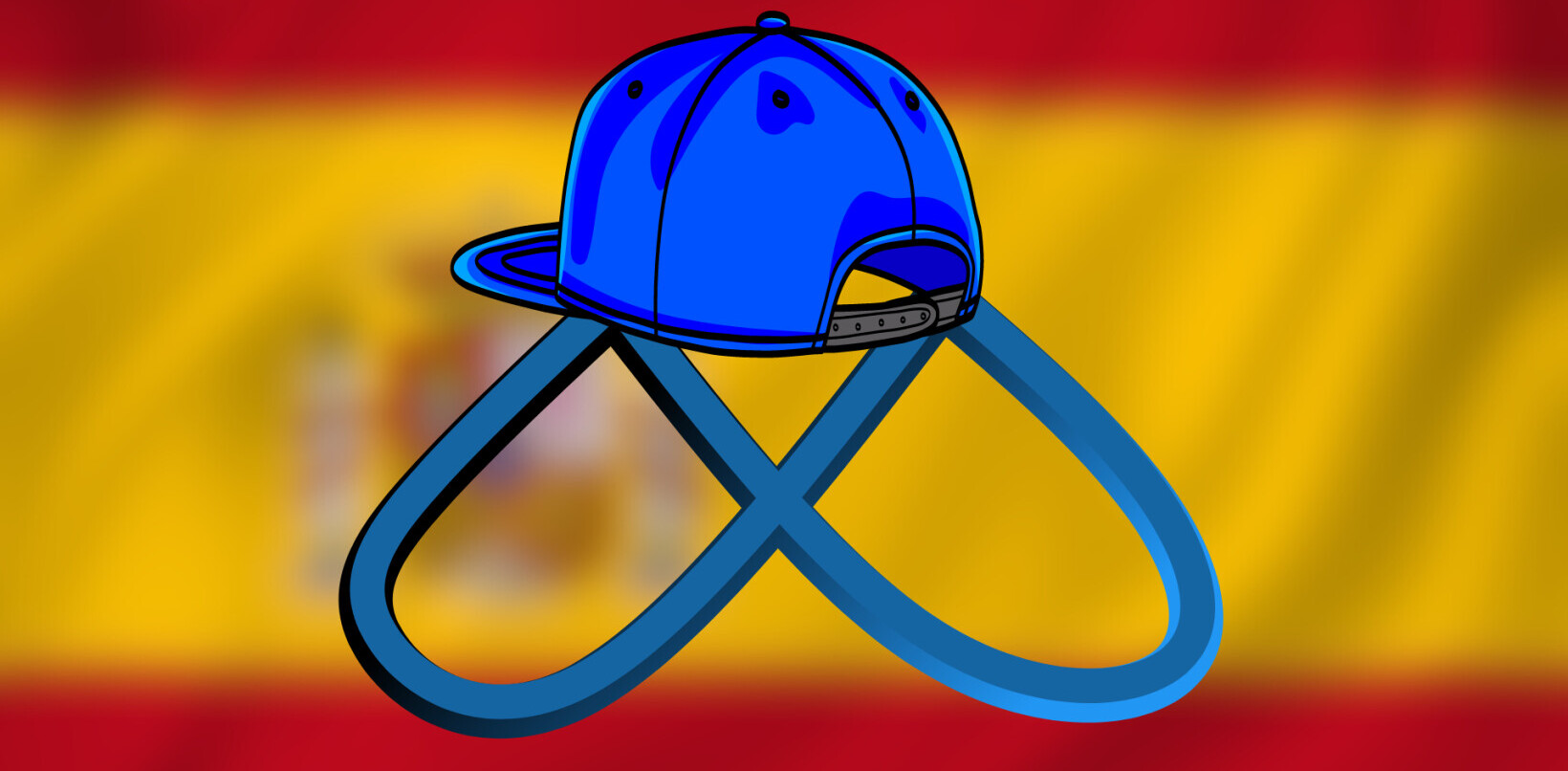
Here’s a cautionary tale about just how vulnerable Facebook pages can be if you’re unlucky.
Earlier this year there was controversy around the withdrawal of a number of Facebook Pages belonging to well-known technology blogs like Ars Technica and NeoWin. As was reported at the time, Facebook acted on bogus intellectual property claims from people who told the social network that these Pages violated their trademarks. As is its policy, Facebook withdrew the Pages without any prior investigation.
Now, these pages were reinstated swiftly once publicity was generated around them. However, not everyone is quite so lucky. Pakistani website ApniISP was one such victim. Its owner, Hassan Ali contacted The Next Web recently out of desperation after he had tried everything to get his business’ Page reinstated following its withdrawal after a bogus copyright violation claim. However, the withdrawal of the claim was just the start. Here’s how it happened…
A cautionary tale
In early March this year, Ali was notified by Facebook that his Page had been taken down following an intellectual property claim on the name ApniISP. As is Facebook protocol, Ali was given the contact details of the complainant (a “Max Stevens” of “Stevens Law Firm, New York”) in order to resolve the issue. Exchanging emails (which have been seen by The Next Web), the complainant said that ApniISP violated US and UK trademarks, claiming “There are at least 8 boutiques called “‘ApniISP’ (Indian Sari Palace) In the United States and United Kingdom.”
In actual fact, no such trademarks exist in either country, but that wasn’t going to stop ‘Mr Stevens’ (who, incidentally was emailing from a Gmail account rather than an official law firm email address). ‘Stevens’ suggested that Ali could lease or purchase the trademark for a fee.
“Your website gets a lot of visits and you make quite an amount of income from ads. The website is generating revenue according to our research. My client at this point is asking if you are willing to lease the trademark or purchase it from them. If you agree with the offer please let me know.”
Ali held firm, refusing to pay out, and eventually received a bizarre email from ‘Mr. Stevens’ informing him that his page would never be reinstated. The image below was attached as ‘proof’, supposedly sent from “the heads of Facebook.com”. It was sent exactly as we see below, redactions and typos included:
An obvious fake – and at that point Ali and his family got lawyers involved. It was clear this was an attempt to extort money in return for withdrawal of the claim. However, by this point ‘Max Stevens’ had closed down his Gmail account and was no longer contactable. A dead-end had been reached.
This caused a problem. Facebook leaves complainants and Facebook Page owners to sort out their disputes between themselves, but what happens when the complainant is a scam artist who goes missing? Ali’s Page, complete with over 40,000 ‘likes’, was gone and there was nothing he could do.
Ali says that he contacted Pakistan’s Federal Investigation Agency, who requested Facebook restore the page to no avail. Weeks went by, and Ali says that he contacted a number of Facebook staff with no response. This is when he turned to contacting technology blogs. Despite an article on ReadWriteWeb about the case in late April, it wasn’t until early July when Ali’s Page was finally reinstated.
Ali says that Facebook told him the page was reinstated after one of his emails to staff at the company reached someone senior who took it seriously enough to act on.
Falling between the cracks in Facebook’s policy
It’s clear that there’s something to fix in Facebook’s policies here. The company tells us:
“Facebook is not in a position to adjudicate disputes between third parties. When we receive an allegation of rights infringement, or a suitable report of a violation of our Statement of Rights and Responsibilities, our procedures require that we take action appropriate to the report. If admins believe these reports are not being made in good faith or are inaccurate, we suggest they or their legal counsel contact the complaining party to discuss this further. If the reporting party withdraws their complaint or you prevail in court, we are happy to follow up about possibly restoring the removed material.”
While this is all right and proper, cases like Hassan Ali’s, where a complaint is never resolved as the complainant disappears, can fall between the cracks, leading to Pages being lost in a limbo that only a chance encounter with the right staff member can solve.
Get the TNW newsletter
Get the most important tech news in your inbox each week.






